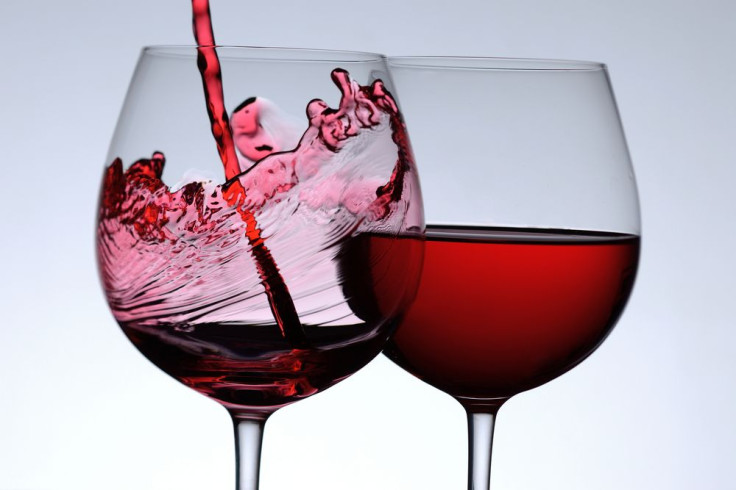
People have always thought of red wine as heart-healthy, but it turns out it is just as good for the brain as it is for the heart. In fact, a new study has found that drinking one red wine or black tea each night could halve one’s risk of Alzheimer’s disease, a syndrome characterized by the deterioration of one’s memory.
For 12 years, researchers at Rush University in Chicago followed more than 900 with an average age of 81 and found that those who consumed more flavonols were half as likely to develop the brain disease. Red wine is rich in flavonols, a group of phytochemicals that help promote memory, learning, and cognitive function.
The researchers asked the respondents to fill out a questionnaire each year on how often they ate certain foods and how much time they usually spent doing mentally engaging activities. The participants were then tested yearly for 12 years to see if they had developed Alzheimer’s disease.
After the study, 220 of the participants developed the disease. The researchers also found that those who ate the highest amount of flavonols throughout the course of the study were 48% less likely to develop Alzheimer’s than those who consumed the least.
The lowest group consumed around 5.3 mg of flavonol a day while the highest group consumed around 15.3 mg a day. Of the people in the highest flavonol level groups, 15% developed Alzheimer’s, while of those in the lowest group, 30% did. The results did not change even after the researchers adjusted for other factors that could affect the risk of Alzheimer’s, such as diabetes, stroke, high blood pressure, and previous heart attack.
The study also found that those who consumed olive oil, pears, oranges, and broccoli on a regular basis were able to ward off the memory-robbing disease. “Eating more fruits and vegetables and drinking more tea could be a fairly inexpensive and easy way for people to help stave off Alzheimer’s dementia,” said lead author Dr. Thomas Holland. “With the elderly population increasing worldwide, any decrease in the number of people with this devastating disease, or even delaying it for a few years, could have an enormous benefit on public health,” he added.
Despite their astonishing findings, independent experts said people do not need to overhaul their diet because the results of the study were not definitive. “More research is needed to confirm these results, but these are promising findings,” said Holland.
© 2025 Latin Times. All rights reserved. Do not reproduce without permission.




